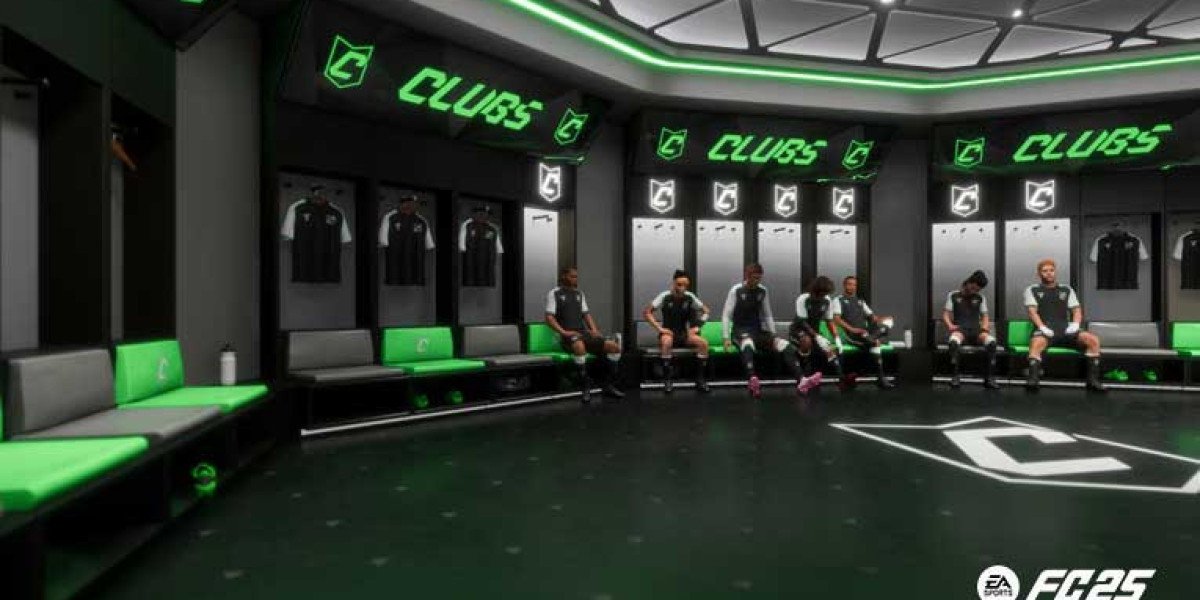Your driveway might not speak, but it has a way of letting you know when something's wrong. Cracks, pooling water, and uneven surfaces are more than just annoying; they're signs your concrete is in distress. This blog explores how to interpret those signs and what to do about them.
Warning Signs of Driveway Issues
It's not always obvious when your driveway needs attention. Watch for:
Puddles that linger long after rain
Surface cracking or crumbling
Uneven or sloping sections
These problems indicate drainage issues, shifting soil, or compromised concrete.
Why Repairs Matter
Your driveway sees daily wear and tear from cars, weather, and foot traffic. Cracks can worsen over time, causing trip hazards or damaging vehicles. Moreover, ignoring these issues can impact your home’s value and appeal.
Timely repair preserves both the function and look of your driveway.
Types of Driveway Repairs
Here are common methods used to restore driveways:
Resurfacing: Applying a new layer to improve appearance and strength.
Crack Sealing: Prevents water intrusion and further damage.
Replacement: Necessary for severely degraded concrete.
A professional contractor can assess and recommend the best approach.
Maintenance Tips
After repair, keep your driveway in good shape with these steps:
Seal the surface every 2-3 years
Avoid parking heavy vehicles in the same spot repeatedly
Address drainage issues immediately
Conclusion
Your driveway is more than a parking space it's part of your home's foundation. Take care of it, and it will serve you well for years. For long-lasting, professional Driveway Repair in St. Louis, rely on local experts who understand the unique challenges of Missouri weather and soil.








